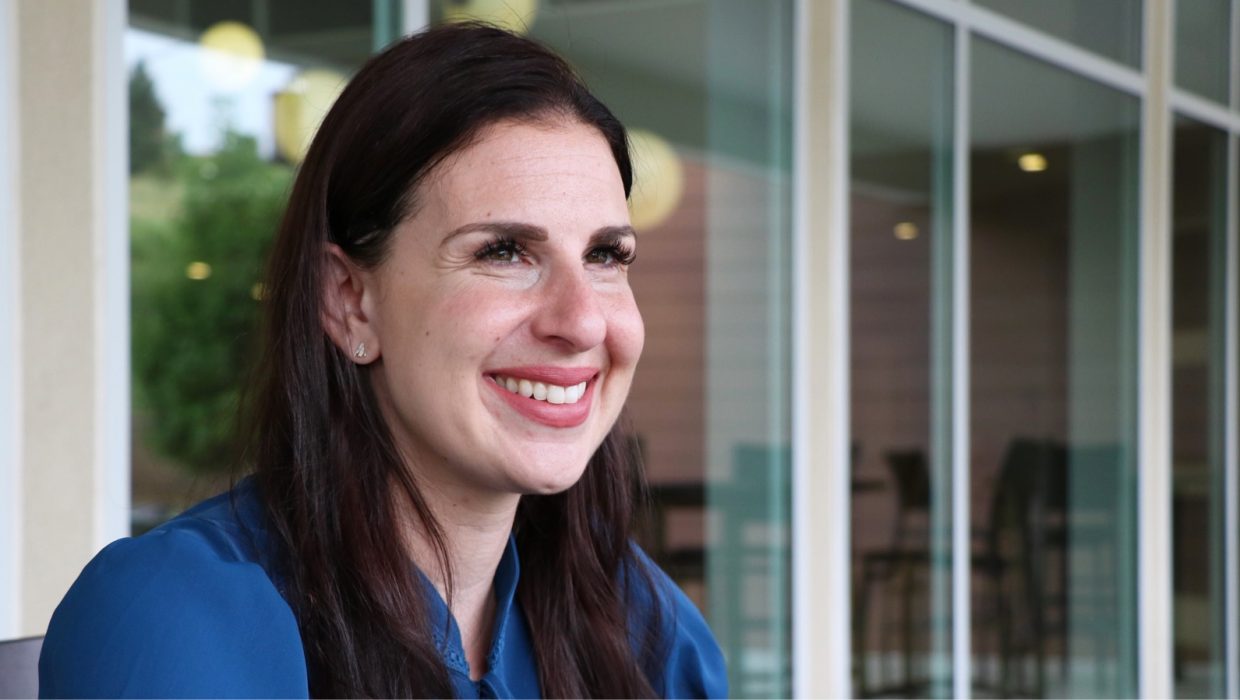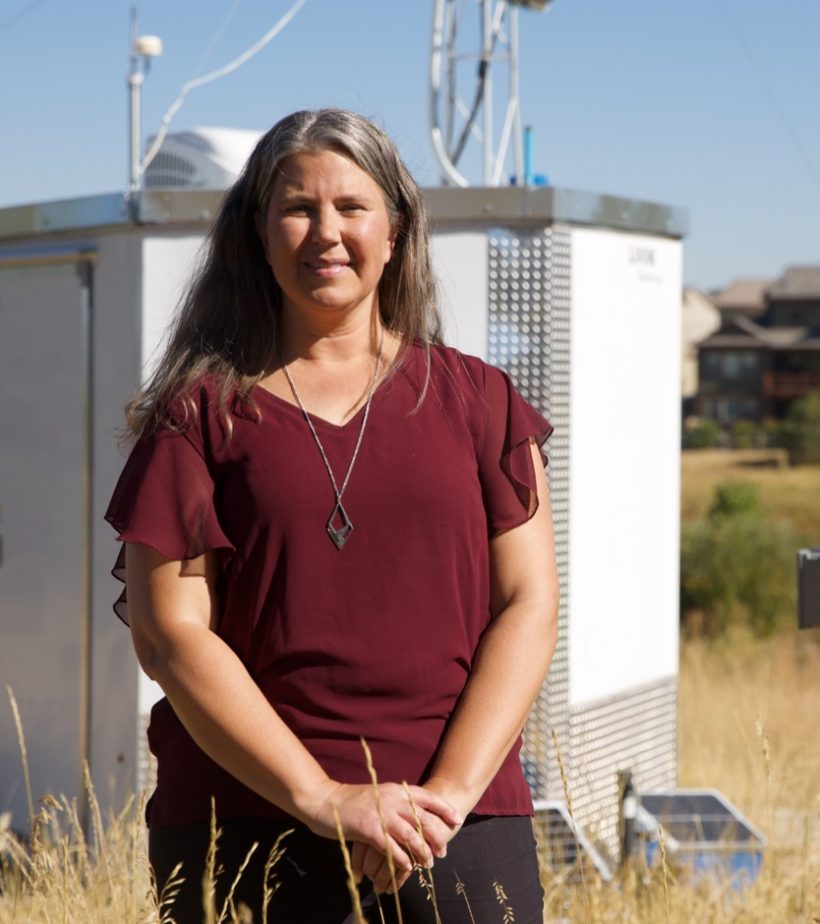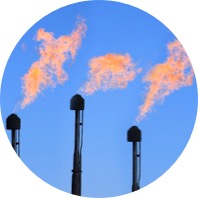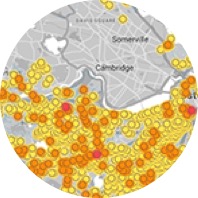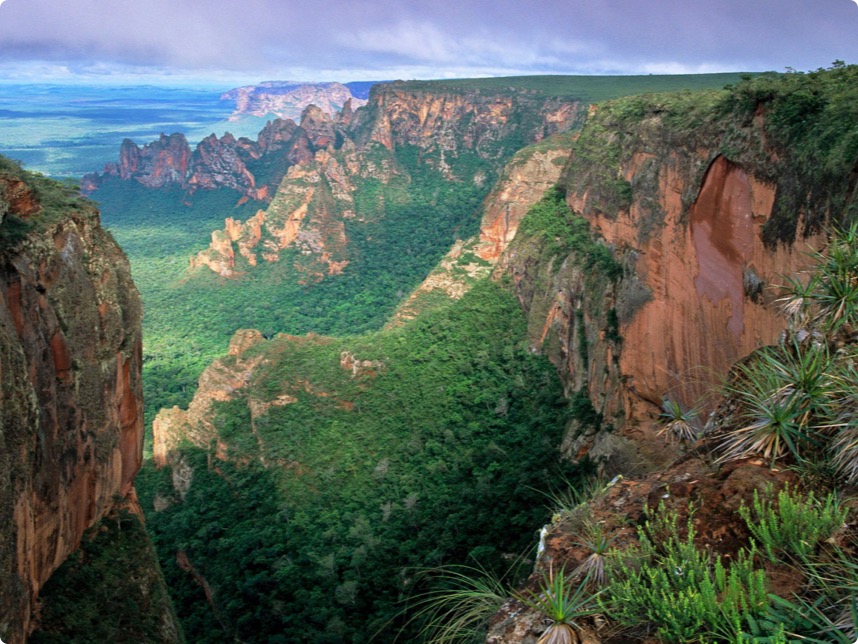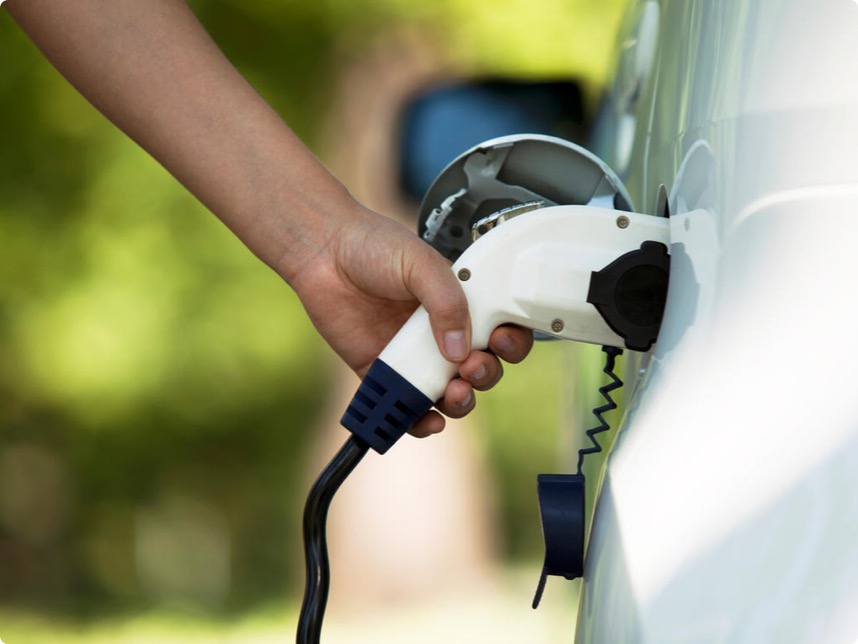80x
Methane has more than 80 times the warming power of CO2 in the first 20 years after its release.
A decade of EDF-led science and advocacy has put methane at the forefront of the global climate agenda. The EU and U.S. agreed in September to cut methane emissions from major sources, including oil and gas and large-scale agriculture, at least 30% by 2030. By November, at the U.N. climate summit in Glasgow, more than 100 countries joined the Global Methane Pledge.
“The methane moment is here,” says Mark Brownstein, EDF Senior VP of Energy Transition. “What matters now is turning country and company commitments into action and holding them accountable.”
In Europe and China, EDF is working with partners in government, industry, nonprofits and academia to develop new rules to limit methane emissions. In the U.S., we helped build bipartisan support for a successful effort in Congress to overturn a Trump-era rollback on regulations to reduce methane pollution from new oil and gas facilities. Because of this work, the EPA, led by EDF alumnus Michael Regan, is poised to strengthen and expand those rules to cover, for the first time, the roughly 800,000 older wells that account for the bulk of the industry’s methane pollution.


